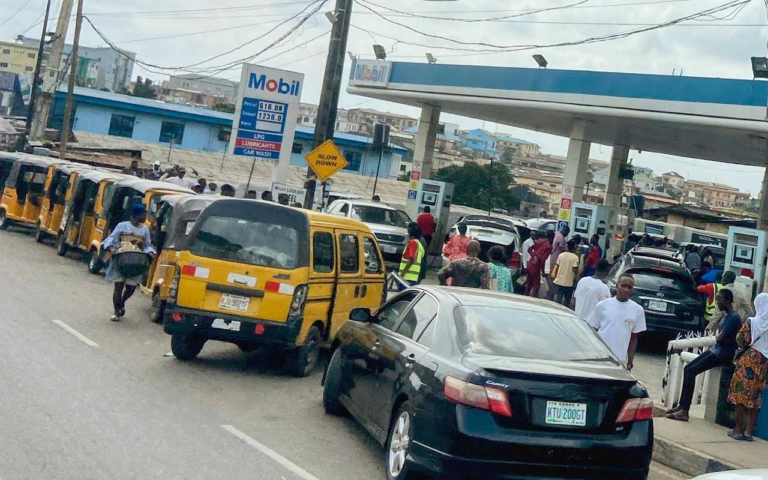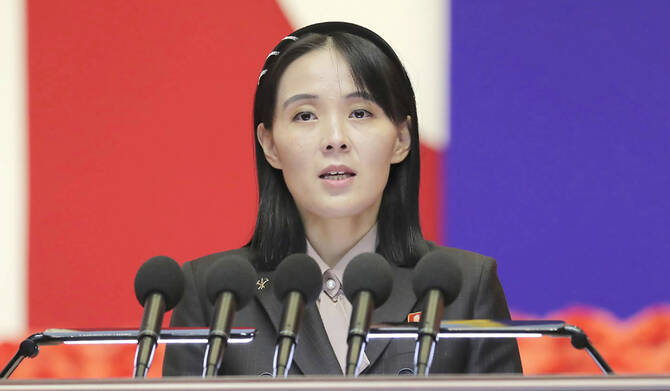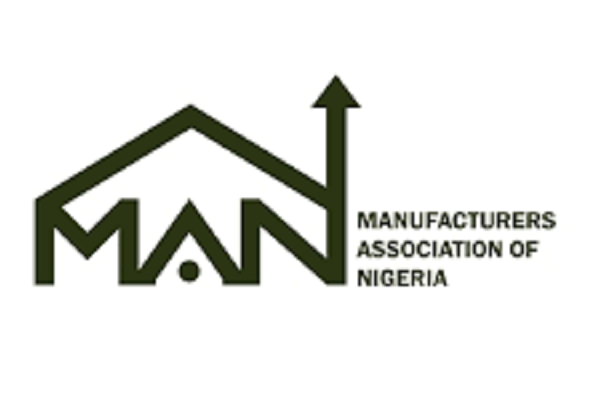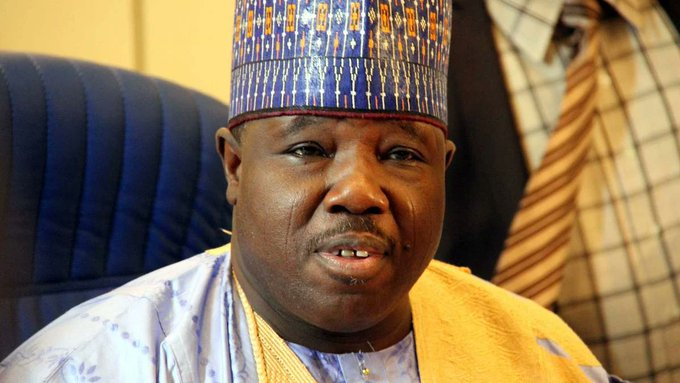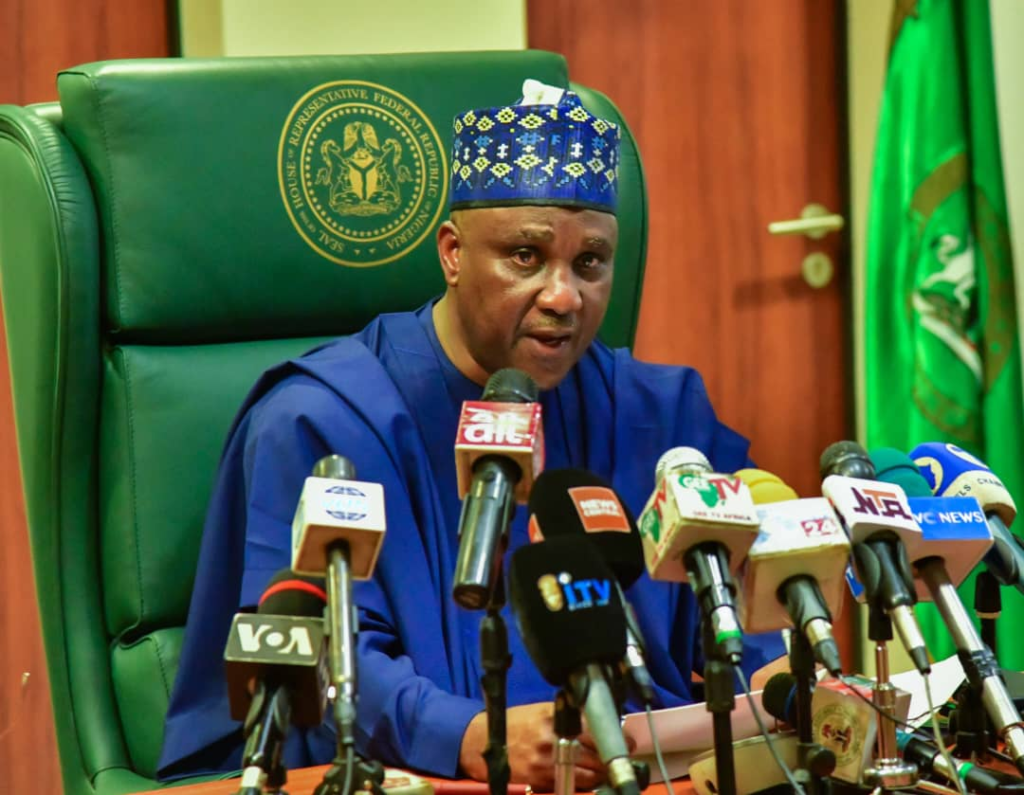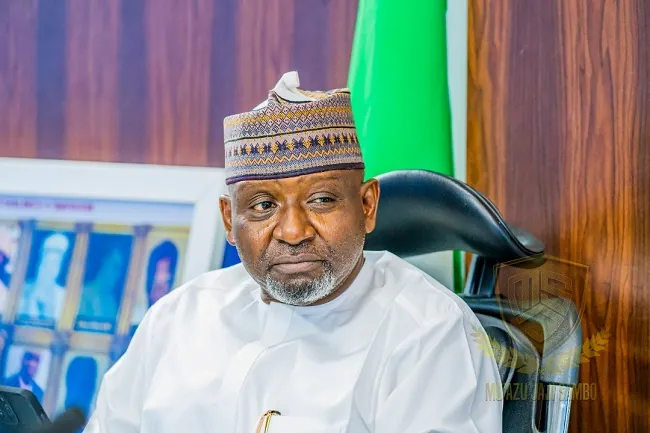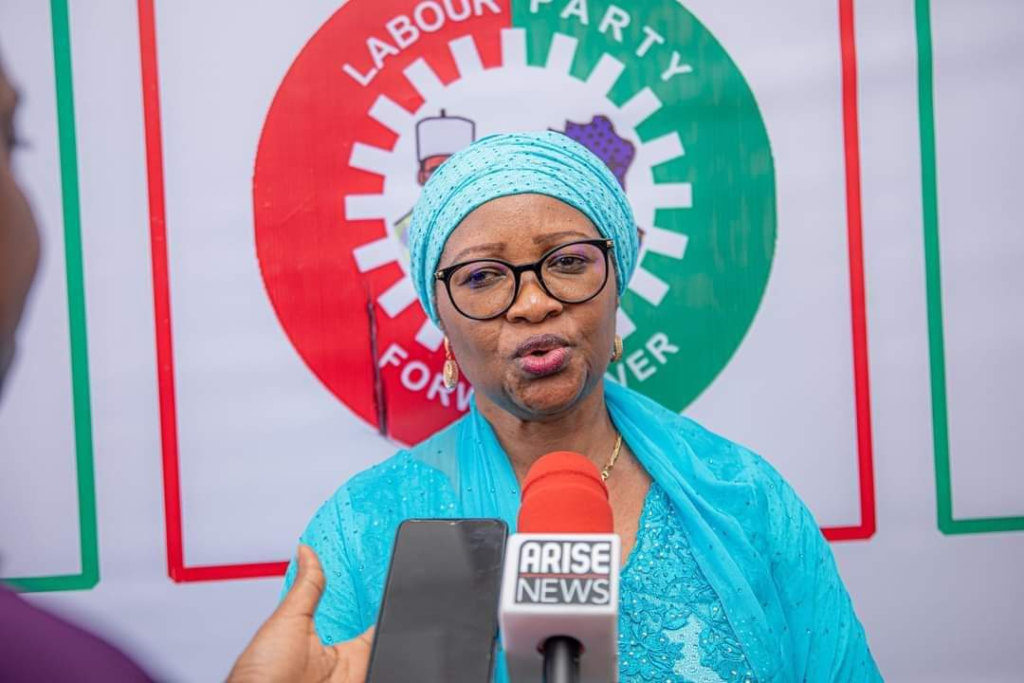The Nigerian National Petroleum Company (NNPC) Limited has admitted to owing significant debts to petrol suppliers, a situation contributing to the worsening fuel scarcity across Nigeria. In a statement released on Sunday, Olufemi Soneye, NNPC’s Chief Corporate Communications Officer, highlighted that rising costs have put the company under severe financial strain, hampering its ability to ensure a steady fuel supply.
Reports indicate that NNPC owes petrol suppliers around $6 billion, worsening the fuel shortages that have plagued the country since May. The scarcity has been linked to various issues, including disputes between vessels and operational challenges. In July, NNPC pointed to weather conditions, flooding, and delays in vessel discharge as factors disrupting supply.
NNPC acknowledged these financial challenges and their impact on fuel distribution, stating, “This financial strain has placed considerable pressure on the company and poses a threat to the sustainability of fuel supply.” Despite these difficulties, NNPC reiterated its commitment to ensuring national energy security, working with government agencies and stakeholders to maintain a consistent supply of petrol.
Pricing issues have also surfaced, with Heineken Lokpobiri, Minister of State for Petroleum Resources, noting that NNPC sells petrol below its landing cost, encouraging smuggling to neighboring countries. NNPC’s Chief Financial Officer, Umar Ajiya, confirmed that petrol is sold at about half its landing cost, with the official pump price set at approximately N600 per liter, compared to a landing cost of around N1,200 per liter.
The financial strain is further highlighted by NNPC’s subsidizing of petrol, costing N7.8 trillion from January to July this year alone. Despite earlier denials of subsidy payments, it has been reported that President Bola Tinubu approved NNPC’s request to use dividends from the 2023 federation for subsidies. A report from Agora Policy noted a sharp increase in subsidy costs, rising from N1.16 trillion in 2021 to N5.10 trillion in 2023, with N4.2 trillion spent in just the first seven months of this year.

